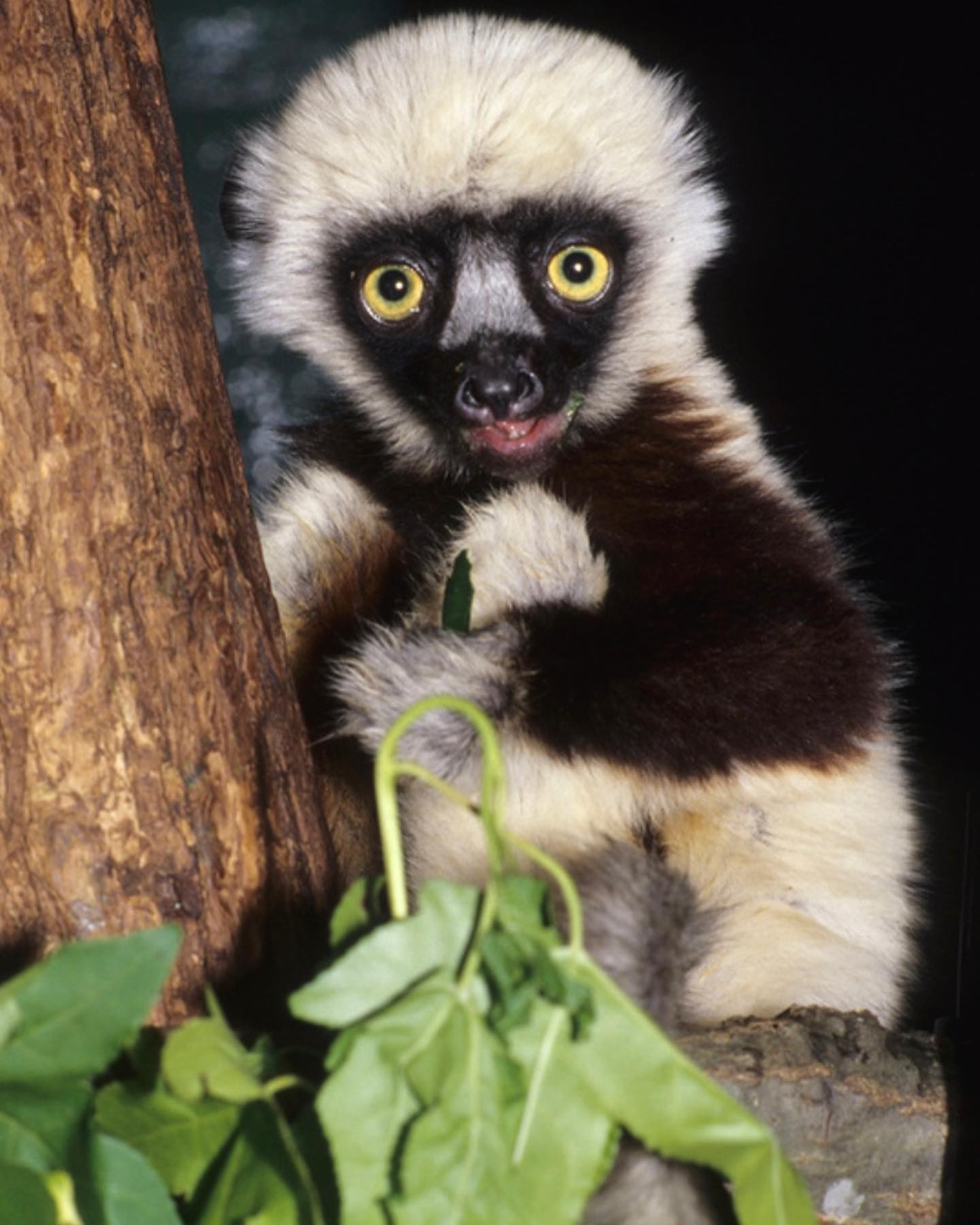– The life and significance of Jovian, the beloved lemur known as Zoboomafoo
– The role of the Duke Lemur Center in primate research and conservation
– The impact of Zoboomafoo on wildlife education and children’s television
– Challenges in lemur conservation and the importance of biodiversity
—
In 1994, a Coquerel’s sifaka lemur was born, who would grow to become one of the most cherished figures in children’s educational television. Known to millions as Zoboomafoo, Jovian’s arrival at the Duke Lemur Center marked the beginning of an era that would extend far beyond the borders of the animal facility, touching the lives of children and adults worldwide and fostering a growing interest in wildlife conservation.
Jovian’s life was not just that of an ordinary lemur. He played a starring role in the PBS educational series Zoboomafoo, where he, alongside hosts Chris and Martin Kratt, became a gateway for children to the diverse world of animals. Through his playful interactions and the show’s engaging content, Zoboomafoo provided a platform that combined entertainment with clear, insightful educational messages, making the subject of zoology approachable and exciting for a young audience.
The Duke Lemur Center, where Jovian was born and resided, is a leading figure in non-human primate research, conservation, and education. Located in Durham, North Carolina, this facility is dedicated to studying and preserving lemurs, which are some of the world’s most critically endangered mammals, primarily due to deforestation in their native Madagascar. The center provides an invaluable repository of genetic material and conducts numerous studies to understand lemur biology, disease, genetics, and behavior, which are essential for their preservation in the wild.
Through programs like Zoboomafoo, the Duke Lemur Center leverages its research and conservation efforts to educate the public about the critical state of lemurs and the ecosystems they inhabit. The show did an excellent job illustrating the interconnectedness of species and the impact that humans have on wildlife, highlighting the importance of conservation efforts and the role everyone plays in preserving biodiversity.
The battle for lemur conservation is steep, as these creatures face the continuous threat of habitat destruction. Madagascar, the only place in the world where lemurs are found in the wild, has lost a significant portion of its forest cover due to slash-and-burn agriculture, illegal logging, and mining. This destruction places lemurs in dire circumstances, as many species rely on specific forest habitats that are disappearing. Conservation efforts led by institutions like the Duke Lemur Center and supported by educational outreach through media like Zoboomafoo are vital in raising awareness and generating funding to protect these precious animals and their habitats.
Everyone says “Happy birthday, Zoboomafoo” is more than a celebratory statement; it’s an acknowledgment of the profound impact Jovian and the show have had in bringing wildlife conservation into the living rooms and hearts of viewers around the globe. It underscores the significance of engaging educational content and its role in fostering an appreciation for the natural world and its many inhabitants.
The legacy of Zoboomafoo, carried on through Jovian’s descendants, who continue to reside at the Duke Lemur Center, reminds us of the power of media in education and the ongoing need for conservation. As the challenges facing wildlife, particularly species like lemurs, grow in complexity, the efforts to conserve them must also evolve, pushing for greater innovation in conservation strategies and broader public engagement.
The journey from a newborn lemur at the Duke Lemur Center to an internationally recognized symbol of wildlife education exemplifies the potential of combining scientific research, conservation, and public engagement. This approach presents a compelling model for conservation efforts worldwide, emphasizing the importance of harnessing the power of media to illuminate the wonders of the natural world and the crucial fight to preserve it for future generations.
*****
Source Description
Everyone say “Happy birthday, Zoboomafoo”!
In 1994, Jovian, the lemur often known by his stage name Zoboomafoo, was born at the Duke Lemur Center


